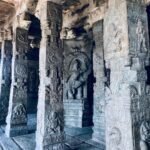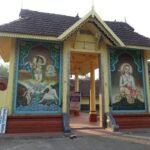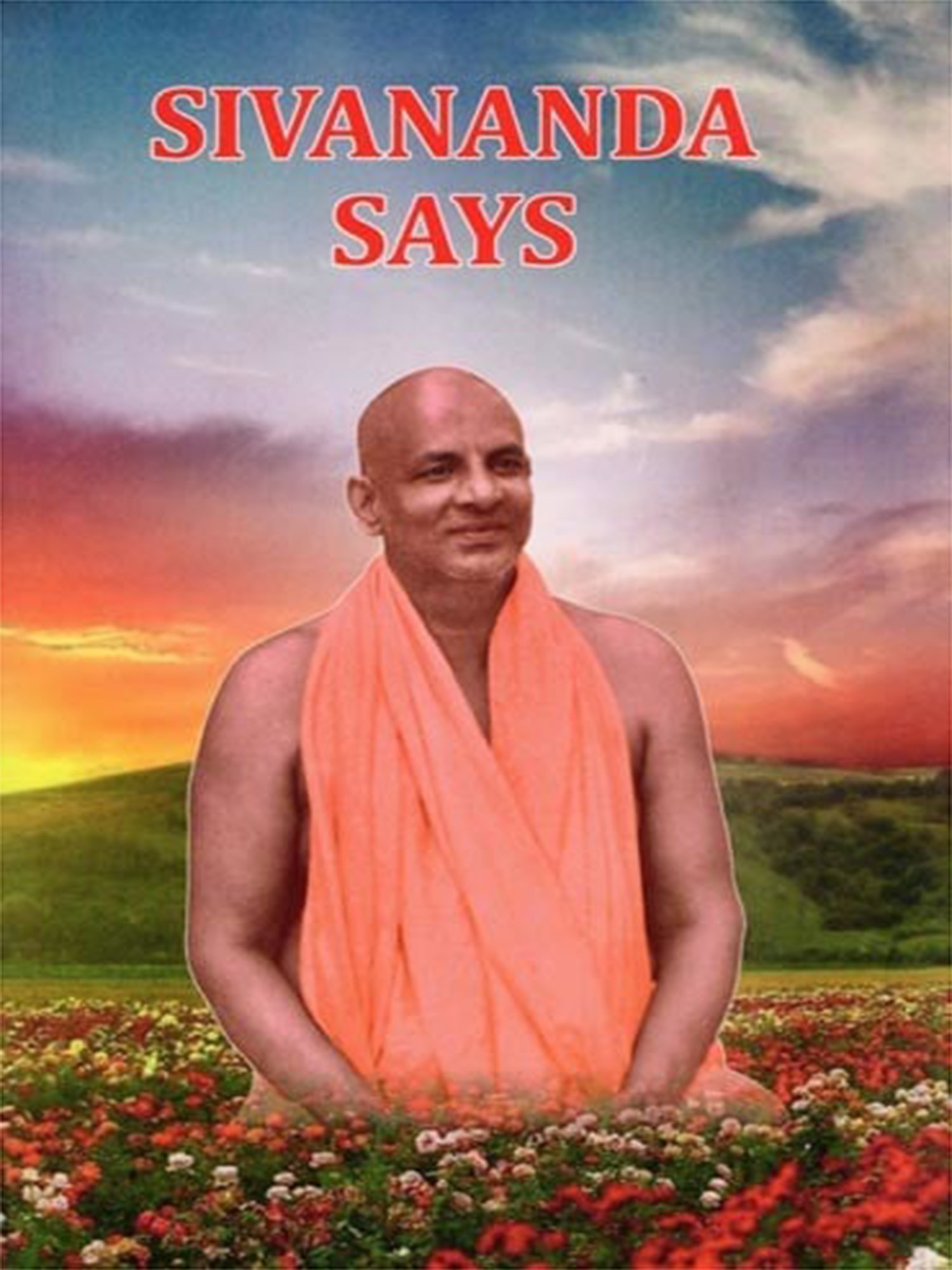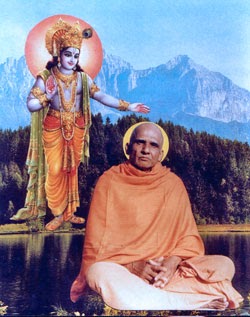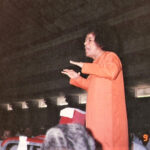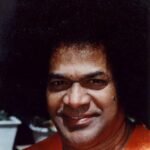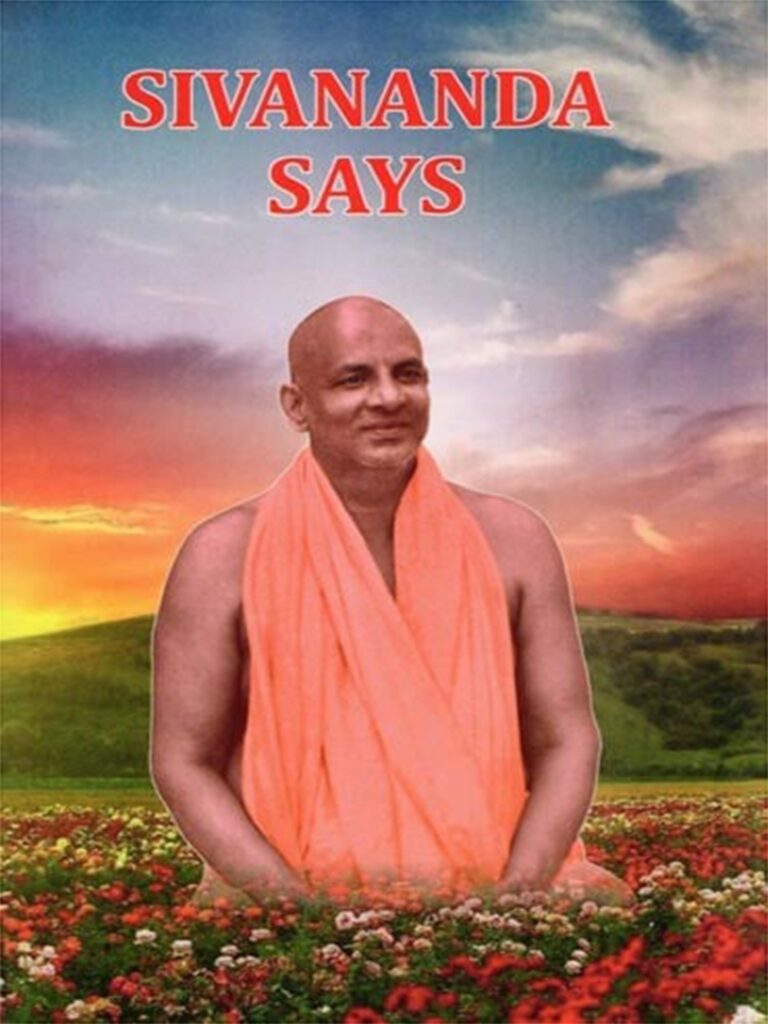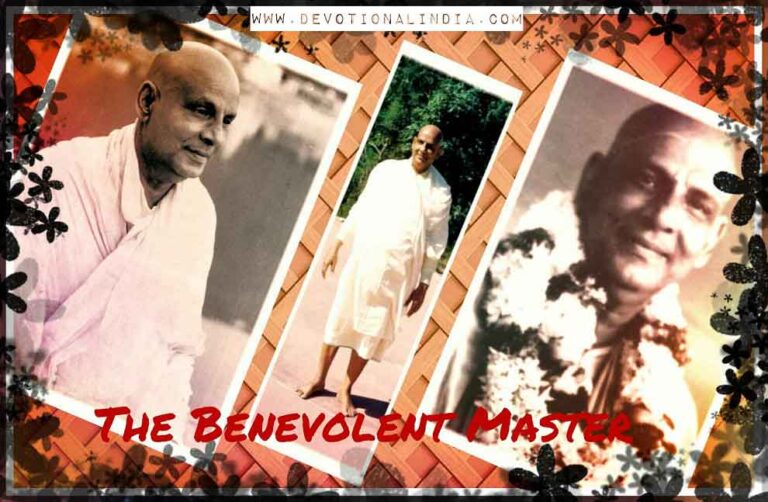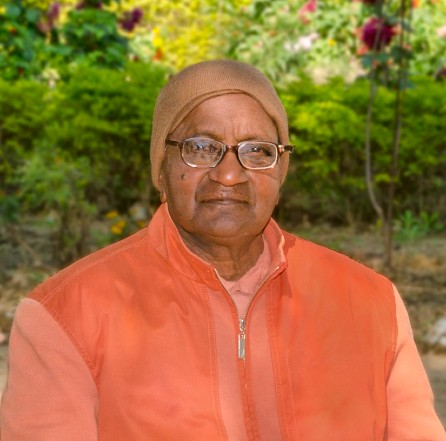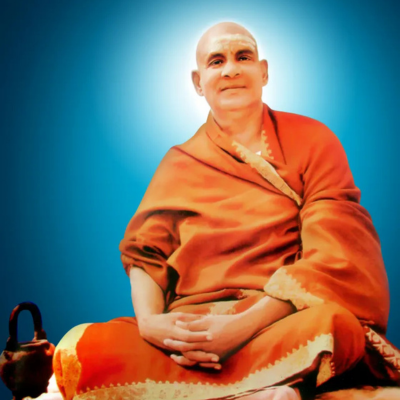Summer Showers in (1979)
Summer Showers in (1979)

Summer Showers in Brindavan 1979 is a compilation of discourses given by Sri Sathya Sai Baba during the Summer Course on Indian Culture and Spirituality held at Brindavan (Whitefield, near Bangalore) in May 1979. This year’s theme was centered on the Bhagavad Gita, one of the most sacred scriptures of Indian spirituality, which is a dialogue between Lord Krishna and Arjuna discussing righteousness (dharma), duty, the nature of action, knowledge, devotion, and selfless living.
Baba emphasizes nishkama karma — action without desire for the fruits — as central to spiritual life. Those who act with attachment to outcomes are bound by their desires, while those who act for duty, truth and service free themselves. Among the discourses are also reflections on control of the mind, the role of different yogas (Karma Yoga, Jnana Yoga, Bhakti Yoga, Dhyana Yoga, Buddhi Yoga) and how these paths help the seeker steady the intellect, purify the heart, calm the senses, and finally attain union with the Divine.
The teachings include the qualities of a person of “steady wisdom” (sthitha‑prajna) — someone who remains unmoved by pleasure or pain, who maintains equanimity, yet fulfils his duties with sincerity. There are discourses titled like “The Messenger of God” in which Sai Baba describes the Gita itself as a messenger, a universal guide for seekers; an infallible map for human behaviour and spiritual progress.
Another key discourse is “Work, Worship and Wisdom,” where Baba explains that impurities in the mind (such as aversion, craving, ignorance) can be purified by the right kind of action (work), devotion (worship), and insight (wisdom). He teaches that without these three – work, worship, wisdom – spiritual growth remains incomplete.
The discourses insist that spirituality is not just theory; living those teachings in daily life matters — being truthful, doing one’s duty without selfish motive, controlling one’s senses, fostering love for others, compassion, humility. The Gita is repeatedly presented not just as scripture, but as lived reality; one is encouraged not just to read or discuss it but to internalize its message so that every action reflects its principles. Summer Showers 1979 thus stands as a guide for transforming the aspirant into one who is grounded, active in duty, yet inwardly free, someone who acts in the world but is not of it.
The essence is that spiritual maturity lies not in renouncing action but in performing it with inner detachment, in aligning one’s life with truth, wisdom, and devotion — then the light of the Gita dawns within, dispelling ignorance and leading to peace.


